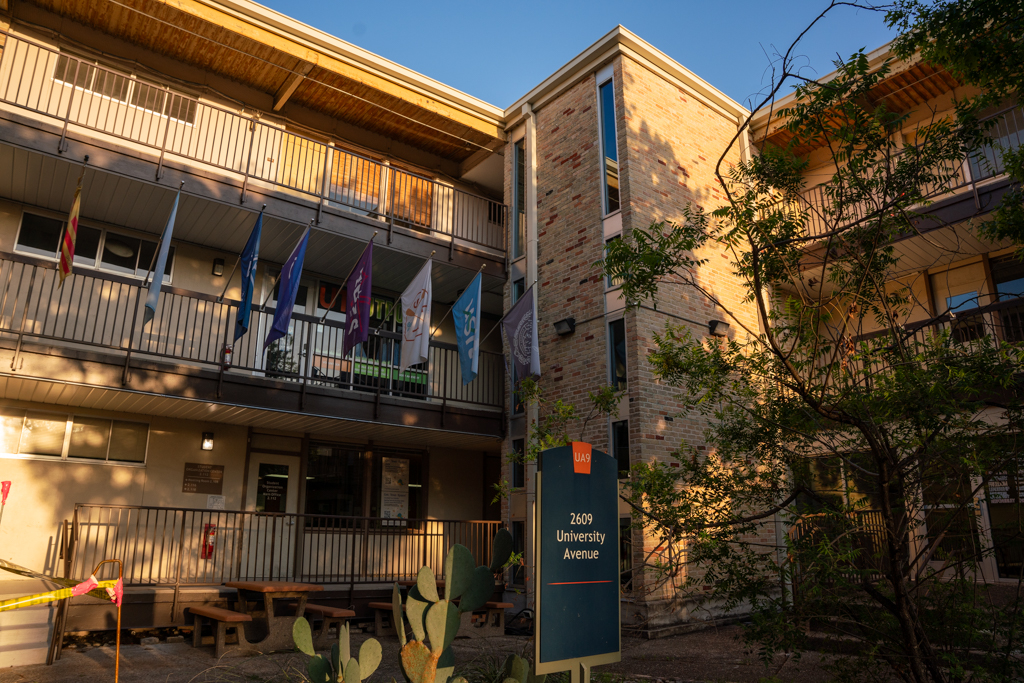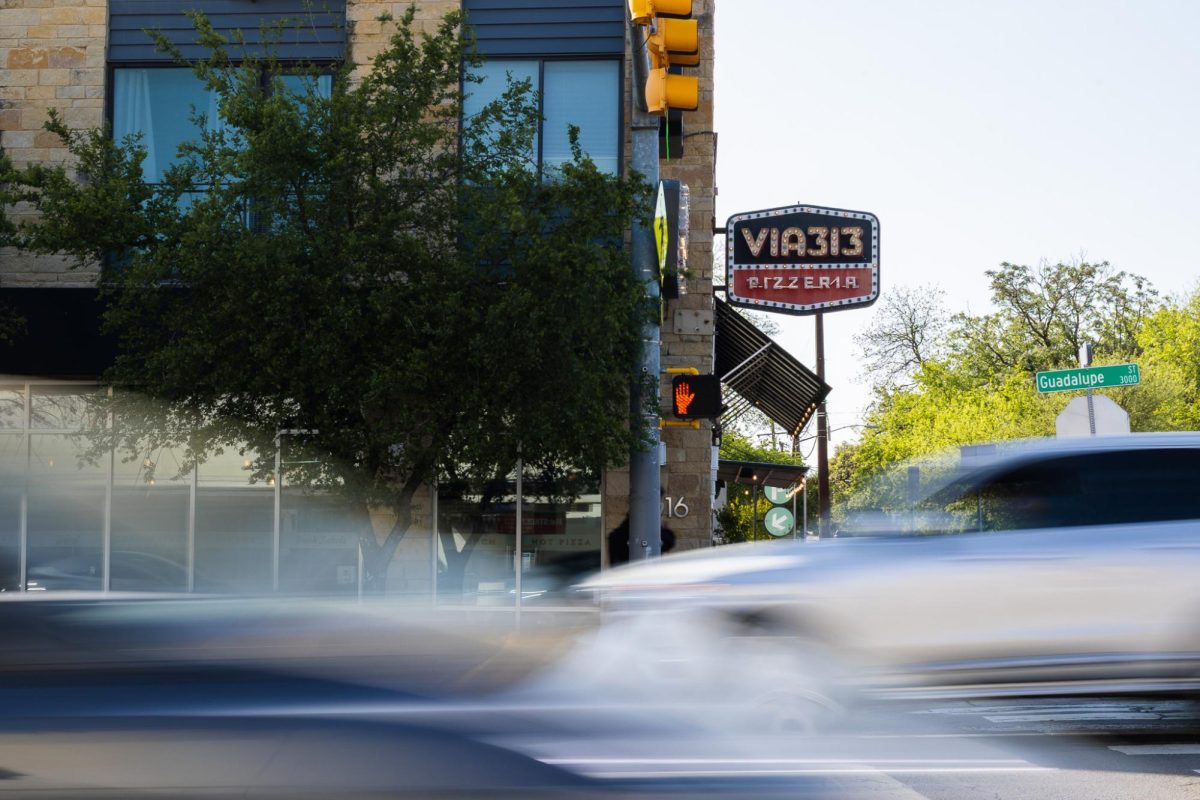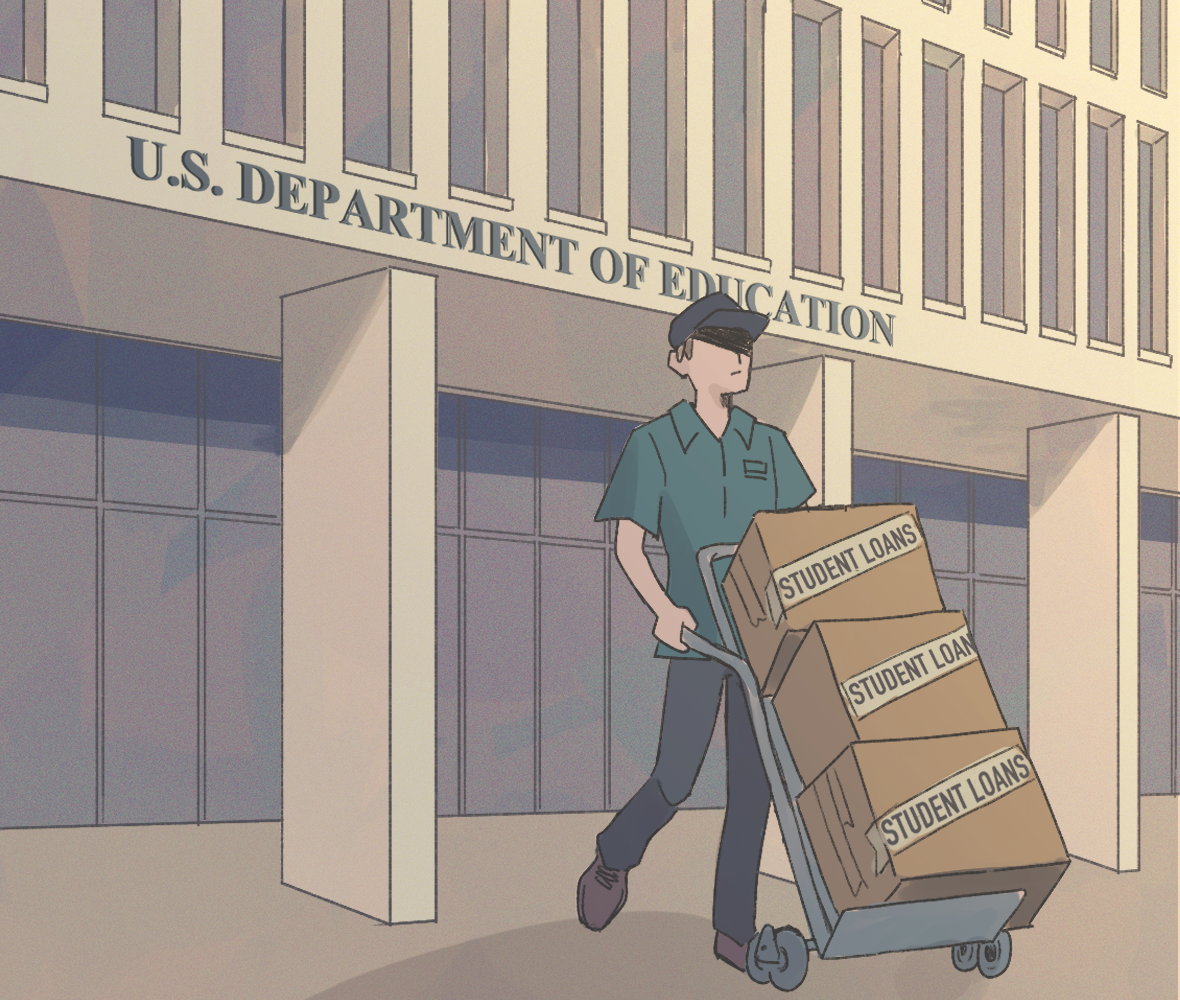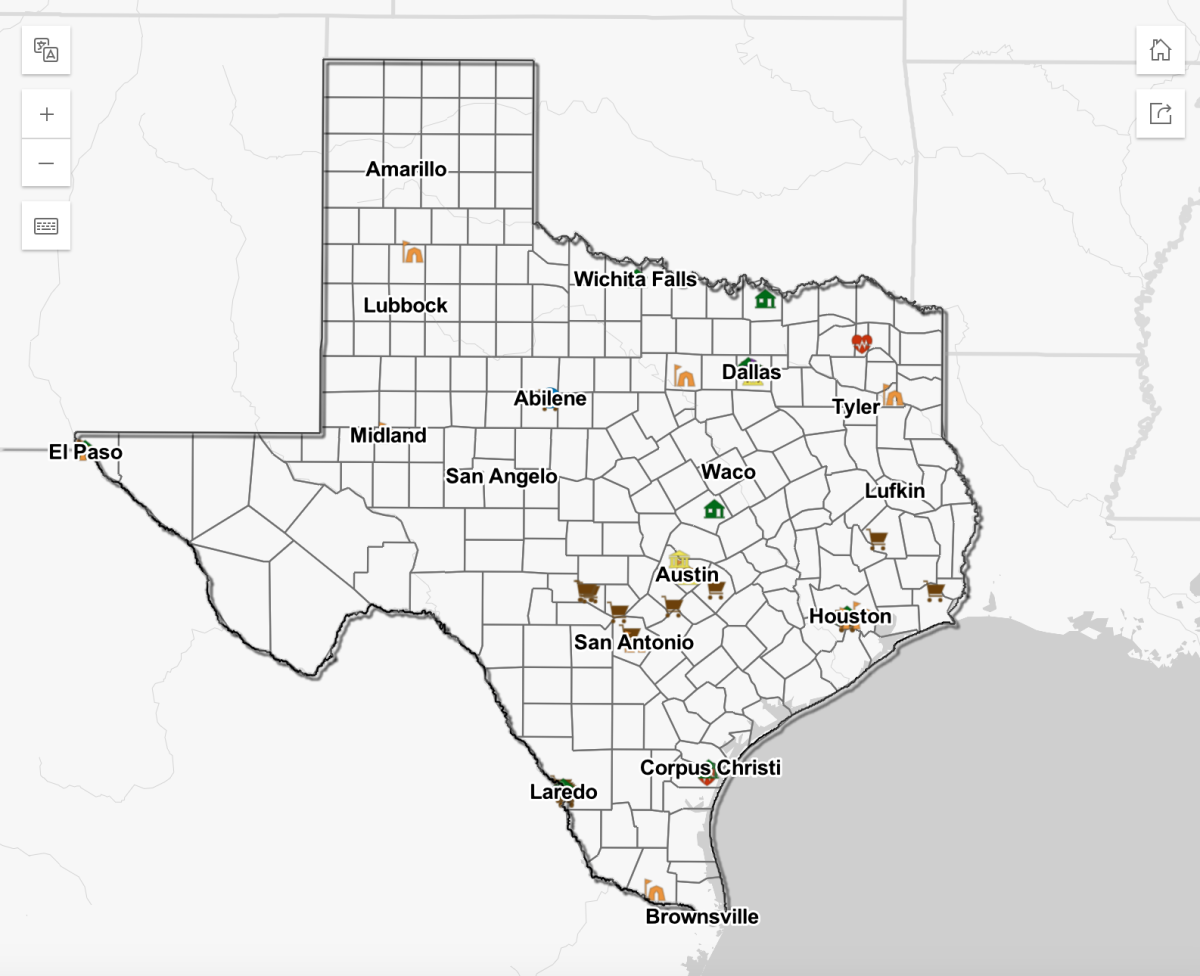Plans for Austin’s Formula 1 racetrack have met some unexpected turbulence this week, and Formula 1 CEO Bernie Ecclestone released an ultimatum to the company building the track Thursday: Sign the contract by the end of next week or say goodbye to the U.S. Grand Prix for 2012.
Circuit of the Americas, the company building the Formula 1 track, halted construction on the South Austin racetrack Monday. Circuit of the Americas claimed Formula 1 had failed to provide a contract assuring that the U.S. Grand Prix will be held at the track in 2012, according to the company’s press release.
Tavo Hellmund, CEO of the promotion company Full Throttle Productions, has known Ecclestone since he was young, according to the Circuit of the Americas website. Hellmund originally won the contract from Formula 1 to bring the race to Austin, and proceeded to get Circuit of the Americas to fund the track for Formula 1.
According to “The Telegraph,” a London-based paper, Ecclestone said the halt in construction resulted from stalled negotiations over whether Circuit of the Americas would pay up-front for the cost of bringing the race to Austin next year.
“Everything was signed and sealed, but we kept putting things off like the dates, various letters of credit and things that should have been sent, but nothing ever happened,” Ecclestone said.
In a press conference on Thursday, Hellmund said the financing of the project was not his role at all. He said his role in everything was to be chairman of the Grand Prix, a position he hasn’t been paid for in the last couple of months. Hellmund said the main issue lay with Circuit of the Americas.
“The likelihood of actually making a deal happen is now only 50 percent,” Hellmund said. “Lots of families have bickering.
I’m hopeful that all three of us want to make this happen.”
In a statement Thursday, Circuit of the Americas responded to Ecclestone and said if he is considering moving the event to 2013 the company would still be interested and have time to prepare.
Sen. Kirk Watson, D-Austin, helped author the 2009 legislation that facilitated the process for projects like Formula 1 to receive state support and said no state incentives have been given to the project. He said funds will only be given after the race has taken place.
“It has always been incumbent on the race organizers to show that such a massive event can actually be held,” Watson said. “That it would transparently provide the economic windfall they promised and that it would yield real tangible benefits to the people, that obligation remains.”
Mark Wise, team manager for the Formula SAE team at UT, said he’s been watching Formula 1 since he was 4 years old and that the industry has a complex political system in which there are a lot of different players.
“What I’m interested in seeing is how New Jersey plays into this,” Wise said. “Bernie wants more money and now that New Jersey is at the bidding table it could have some repercussions.”
Bill Dollahite, a retired race car driver and founder of the local race track, Driveway Austin, said he is cautiously optimistic about the situation. Dollahite said he would love to see the racetrack in Austin because his racing academy could greatly complement the venue. He said although his business could vastly increase if the track comes to Austin and he hopes the parties work it out, it won’t hurt his business if the track doesn’t happen.
“I would be disappointed for all the people who have put so much into it and because I know what it would mean for our community on the world stage and economically,” Dollahite said. “I’ve spent my whole life in this business and what it could do for Austin is huge.”
Architecture graduate student Kevin Olsen said he has confidence the track will be completed. Olsen is the co-founder of the Austin Grand Prix, a local racing website created to bring Formula 1 news to Austin fans.
Bernie is known for his very close and very extensive relationships with people, Olsen said. What people are witnessing right now is a high-stakes negotiations deal and they’re playing hardball, he said.
Olsen said many people were very upset because the media sensationalized the situation.
“The major reaction was, ‘we wanted this so bad, why is this happening,’” Olsen said. “But people have calmed down and realized this is going to be okay.”
Published on Friday, November 18, 2011 as: Ultimatum could mean no Formula 1 racetrack in Austin




















